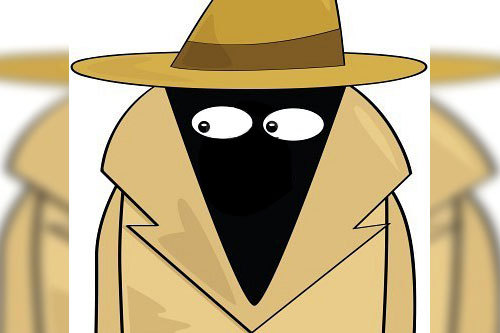What do you think?
Rate this book


159 pages, Mass Market Paperback
First published January 1, 1972
The first thing I did was make a mistake. I thought I had understood capitalism, but what I had done was assume an attitude – melancholy sadness – toward it.
I visited the child's nursery school, once. Fathers were invited seriatim, one father a day I sat there on a little chair while the children ran to and fro and made sport. I was served a little cake. A tiny child not my own attached herself to me. Her father was in England, she said. She had visited him there and his apartment was full of cockroaches. I wanted to take her home with me.
St. Anthony told me that, in his old age, he regarded temptations as entertainment.



